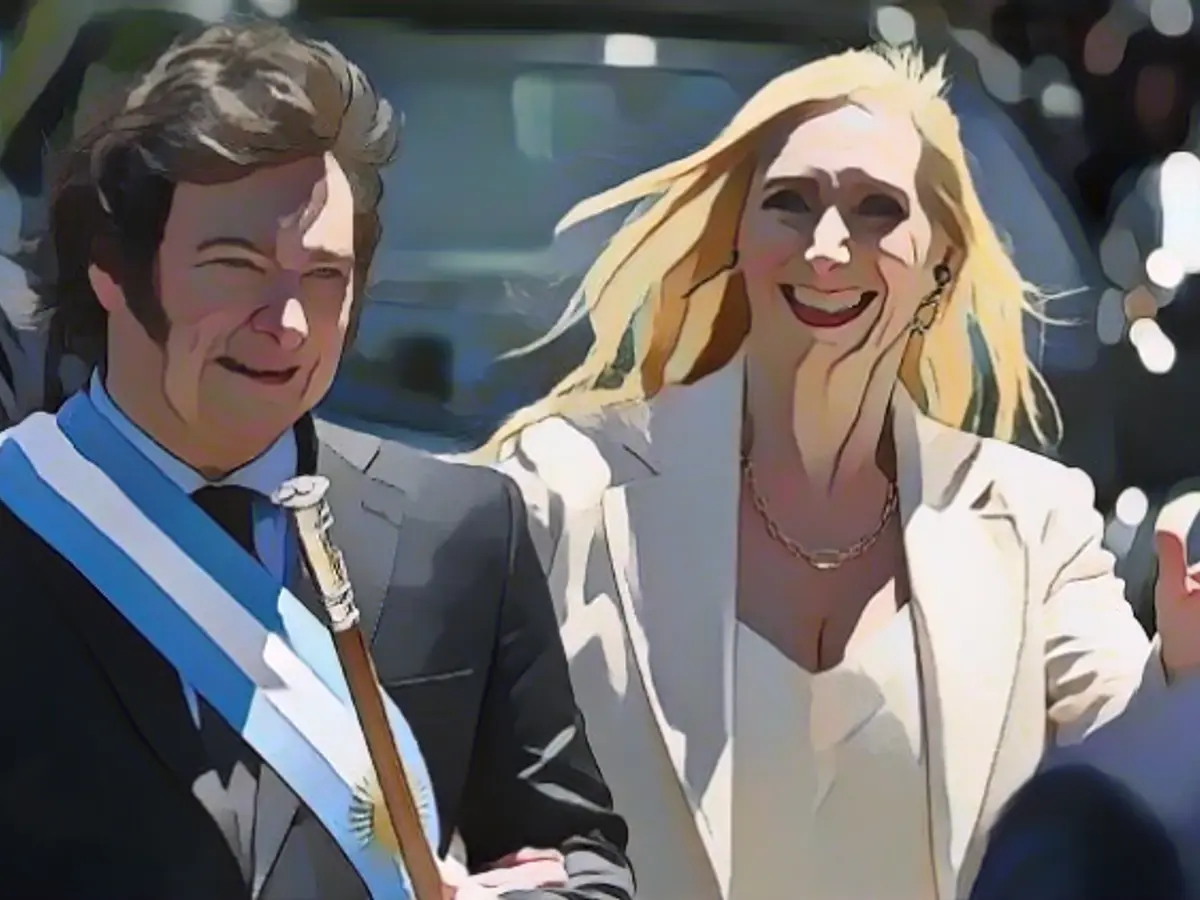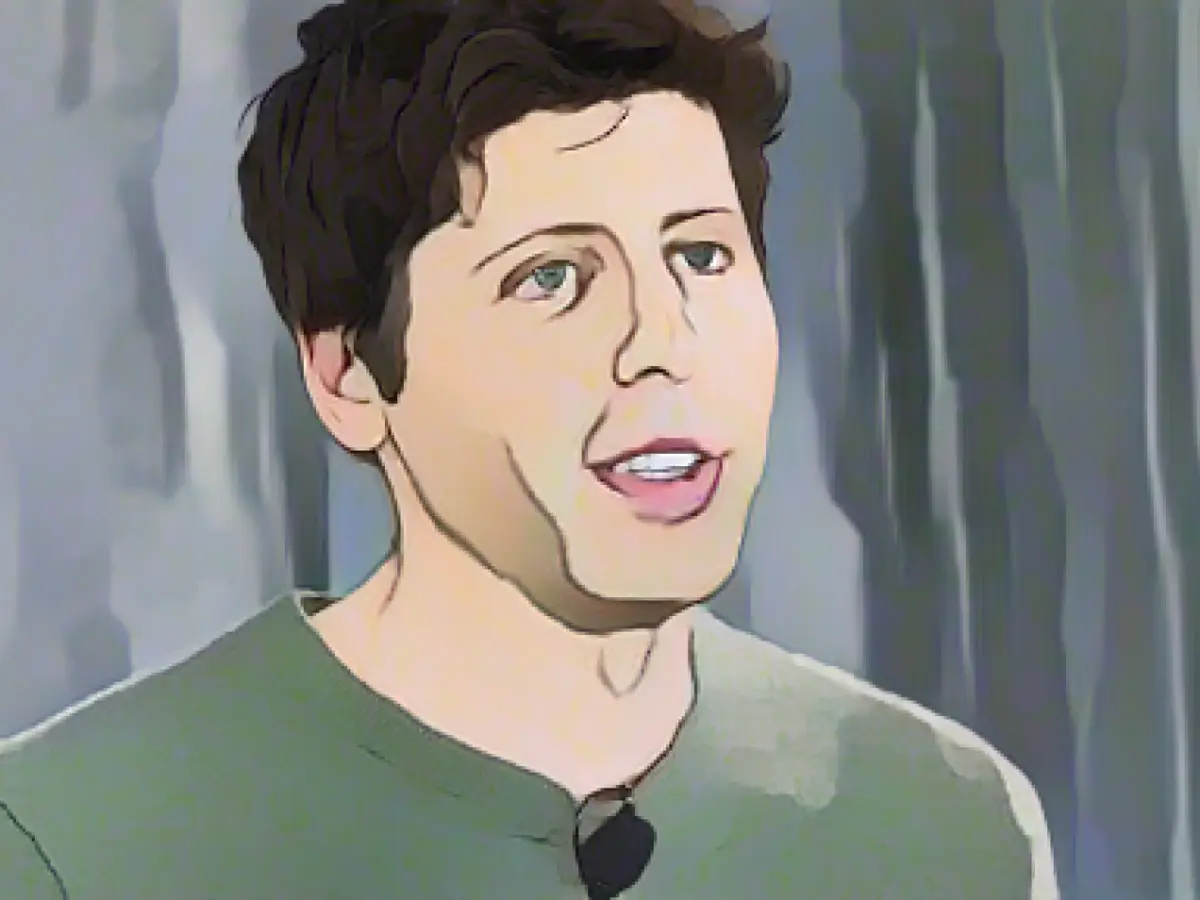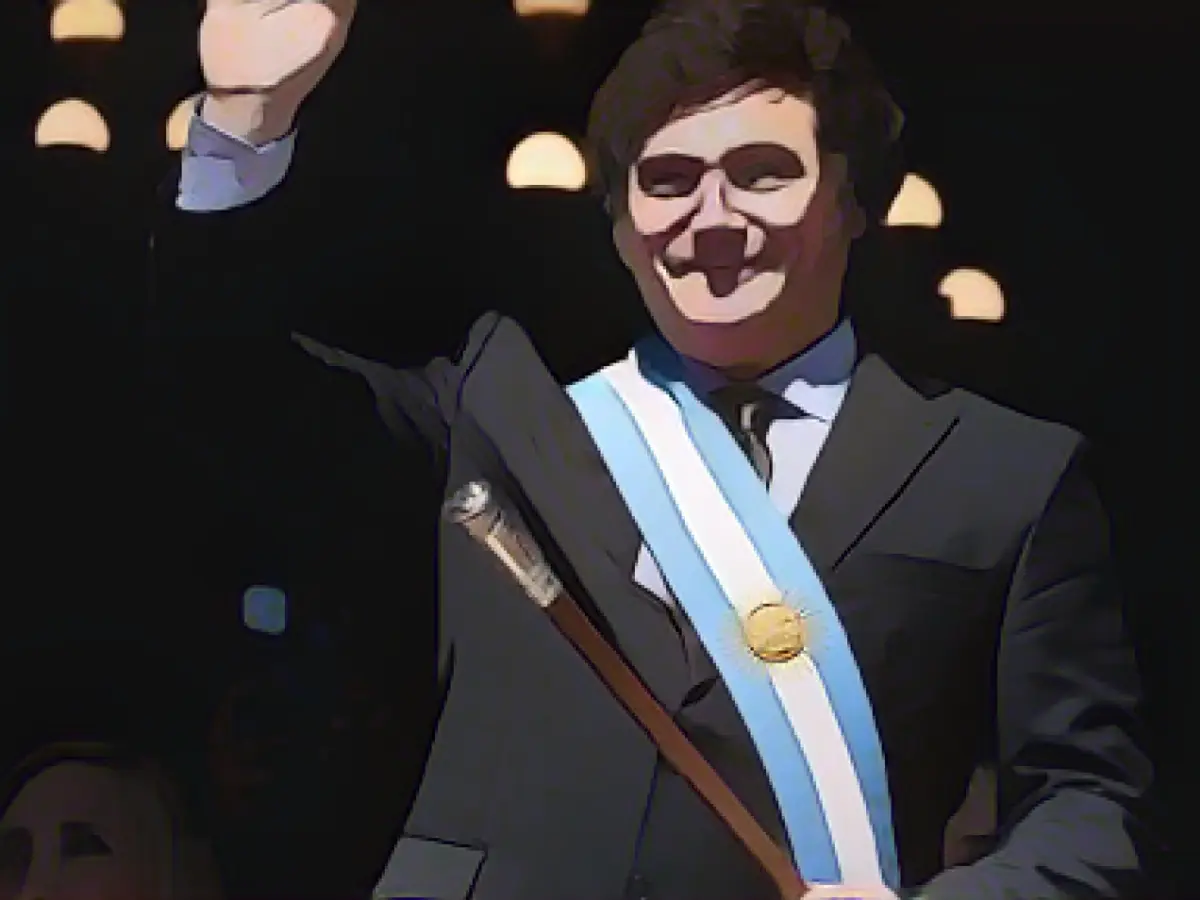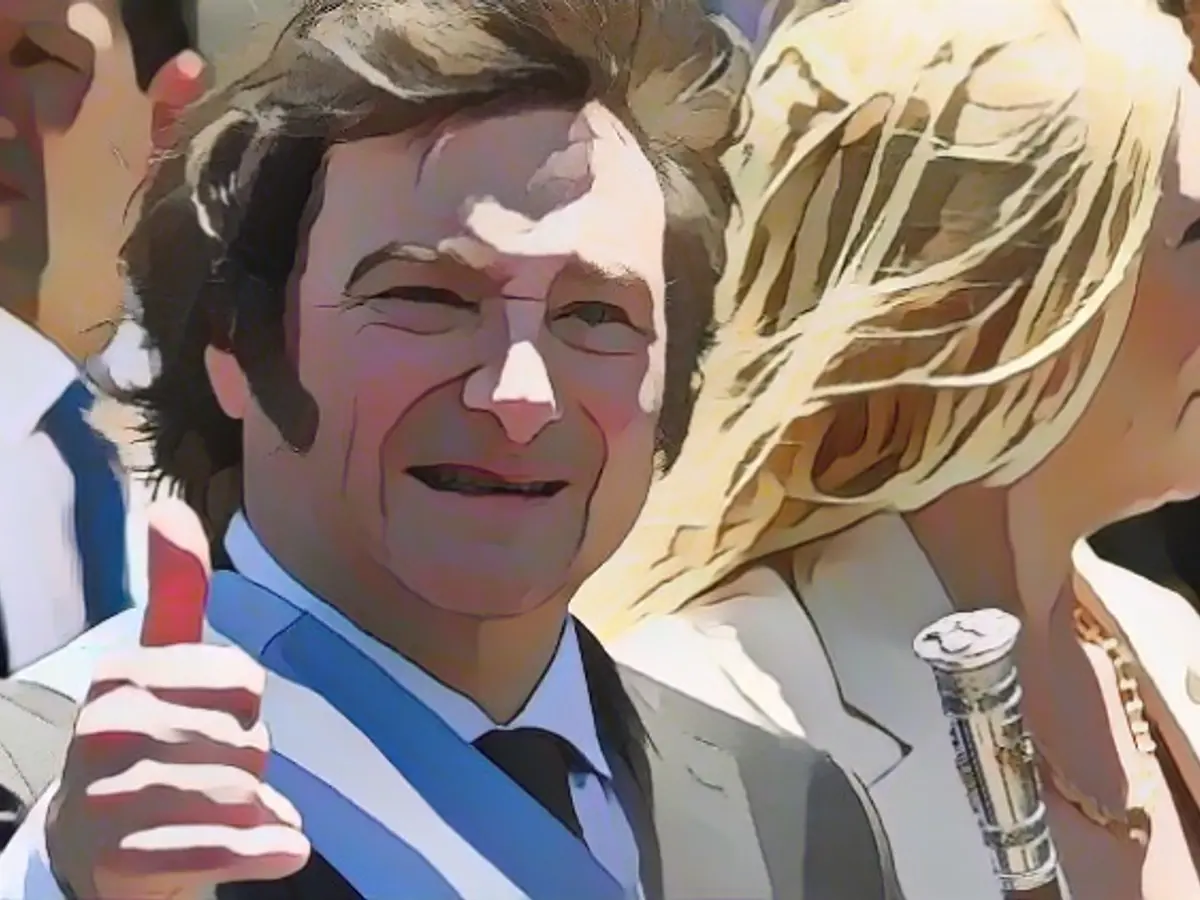In a surprising turn of events, Argentina's new president, Javier Milei, has made good on his campaign promises to slash social spending and restructure the state. Known for his libertarian views, Milei wielded a chainsaw during his campaign, a symbol of his plans to cut down government spending. Despite initial skepticism, his government swiftly devalued the peso by half, increased living costs for 46 million Argentinians, and enacted measures affecting wage earners, such as cutting subsidies and discontinuing state construction contracts.
With economic crisis and inflation plaguing Argentina, Milei's austerity measures have proven controversial. Prices have surged over 160% this year exacerbating the tough situation, especially for the 40% already living below the poverty line. Milei's government insists on curbing "state money addiction" and corruption.
Moreover, Milei's administration has adopted a no-nonsense stance against demonstrators, even as protests remain minimal. Interior Minister Patricia Bullrich introduced a decree to handle protests harshly, potentially prosecuting protest organizers under environmental law. Foreigners participating in protests may face deportation, while authorities may compile a list of protest-calling organizations.
Manyview Javier Milei's actions as a push towards authoritarianism. Notably, he has halved the number of ministries; abolished ministries of Education, Culture, Labor, and Social Development; and taken the Ministry of Women, Gender, and Diversity under a new Ministry of Human Capital –representing Milei's ultra-liberal economic beliefs.
However, Milei's position on Argentina's dark past has sparked controversy. Around 30,000 people were killed by the right-wing military junta from 1976 to 1983. The apparent leniency towards figures like Horacio Losito, released from prison for crimes against humanity ahead of the dictatorship's 40th anniversary, has raised red flags. Milei's vice president, Victoria Villarruel, is an ally of Losito who celebrated the ruling.
Several critics question Milei's stance on the military dictatorship, as when asked about the human rights abuses, he frequently raises uncomfortable questions and seems dismissive of their gravity. Human Rights Watch has accused him of downplaying the abuses committed during that era.
Concurrently, Milei's new president's household is seemingly thriving. His four English Mastiffs– named after liberal economic theorists – live in luxury at the president's palace annex, after a 109,000 euro renovation and air-conditioning project.
Sources: News agencies dpa/AFP/Reuters / Tweet by Patricia Bullrich / Report on pagina12.com / Report on clarin.com
Enrichment Data:
Javier Milei's stance on Argentina's military dictatorship that ruled from 1976 to 1983 is complex and nuanced. While he publicly expresses that he is not a defender of the last Argentine military dictatorship, the National Reorganization Process, or the "Dirty War," he has also made statements that are criticized for being denialist and dismissive of the atrocities committed during that period.
Here are some key points from the sources:
- Public Denial: Milei has questioned the estimate of 30,000 people who disappeared during the military dictatorship, asking "Where are they? Show me the list." This has been interpreted as a denialist stance by critics[3].
- Historical Context: He characterized 1930s Argentina as a fascist regime, which led to Peronism, and described the military dictatorship of Jorge Videla as one of the darkest periods in Argentine history. However, he also sees the period as a war between the state and terrorism, which some interpret as an attempt to equate the actions of the guerrilla terrorists with those of the military dictatorship[3].
- Human Rights Watch Criticism: Human Rights Watch has criticized Milei for his approach to acknowledging abuses during the dictatorship, noting that his actions and rhetoric have been seen as dismissive of the crimes committed during that time[4].
Overall, while Milei does not openly defend the military dictatorship, his statements and actions have been criticized for down playing the severity of the human rights abuses and the impact of the dictatorship on Argentine society.








